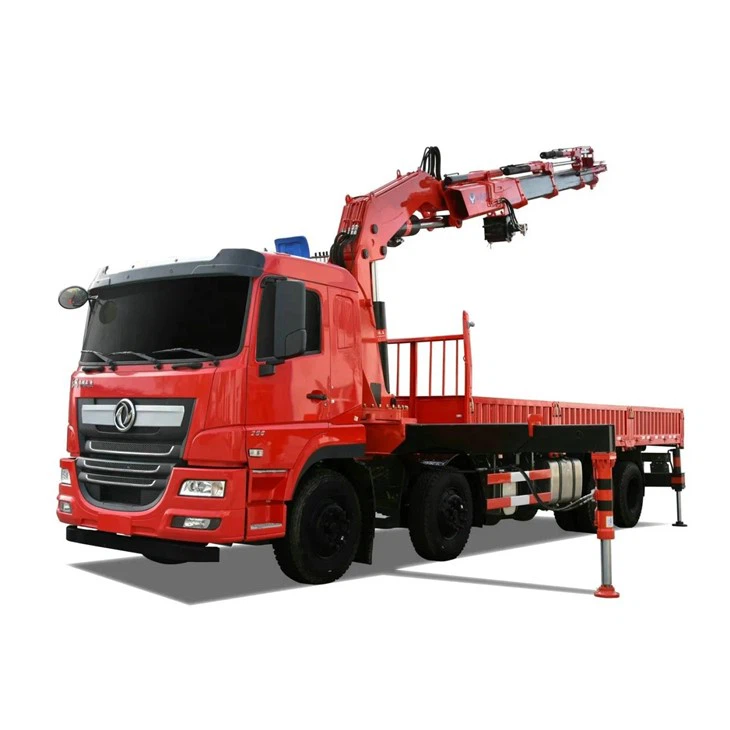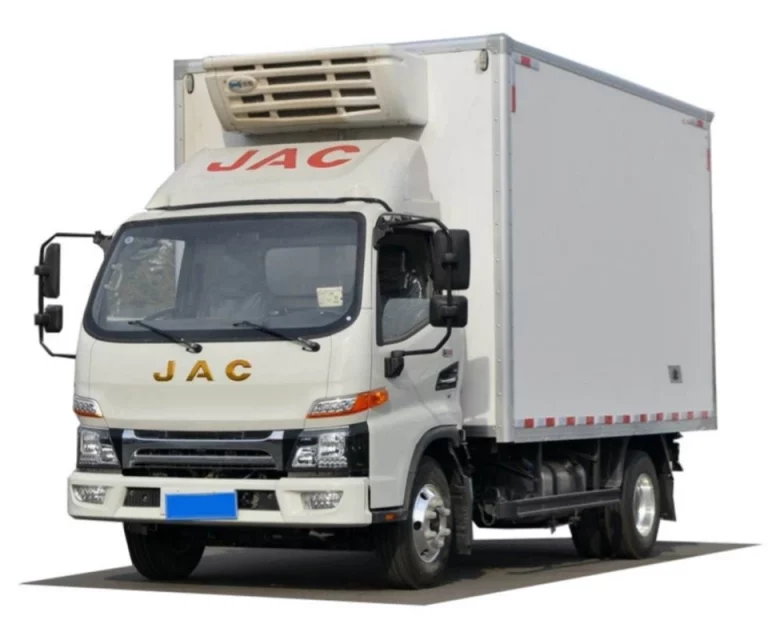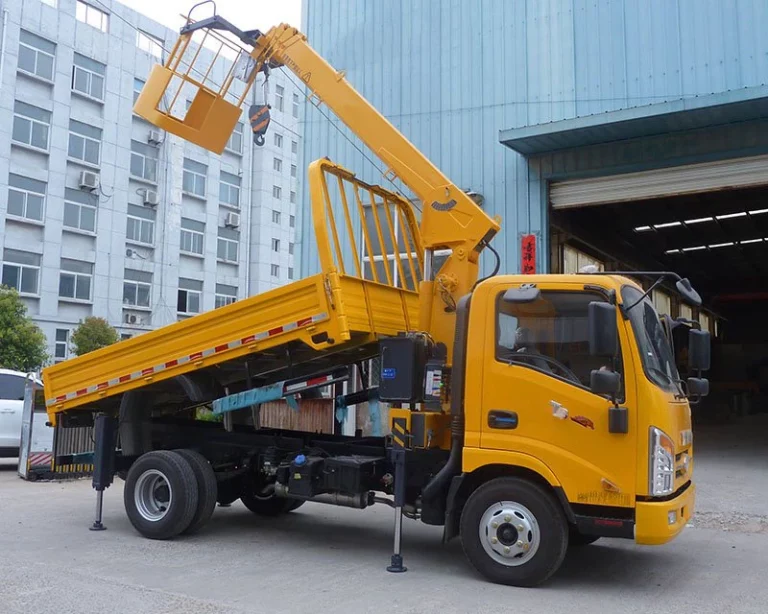Introduction
Rolloff trucks, also known as roll-off containers or roll-off dumpsters, play an essential role in various industries ranging from construction to waste management. These specialized trucks are designed to transport large, open-top containers that can be rolled on and off the truck bed. Their versatility and efficiency make them invaluable tools for managing heavy debris and waste. In this comprehensive article, we will dive deep into the ins and outs of rolloff trucks, exploring their features, benefits, and practical applications.
What is a Rolloff Truck?
A rolloff truck is a vehicle specifically designed to carry roll-off containers, which are large metal bins used for collecting and transporting waste materials. These trucks have hydraulic systems that enable the container to be rolled off the back or onto the truck bed. This functionality allows for easy loading and unloading, making them widely popular in commercial and residential projects.
Key Components of Rolloff Trucks
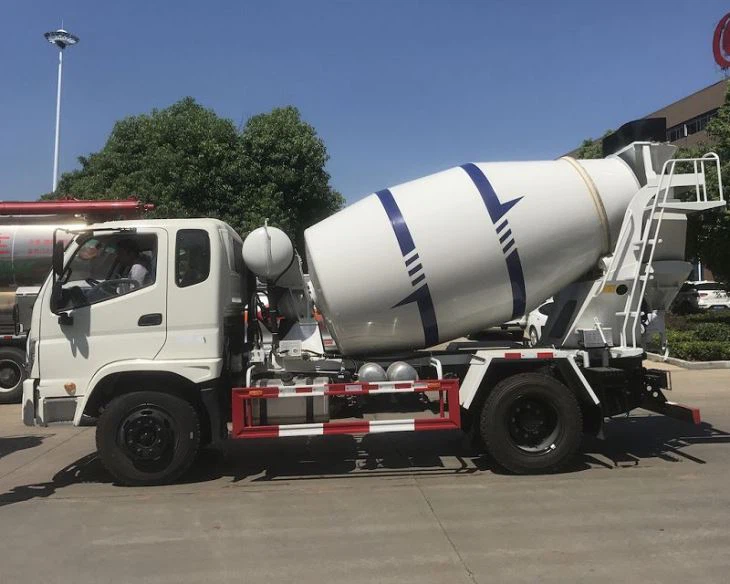
- Chassis: The main framework of the truck, supporting the body and engines.
- Hydraulic System: A crucial component that facilitates the lifting and lowering of the container.
- Roll-off Container: The removable metal bin where waste or materials are loaded.
- Tires: Heavy-duty tires designed to support the truck’s weight and maneuver on different terrains.
Types of Rolloff Trucks
1. Standard Rolloff Trucks
Standard rolloff trucks are the most common type and are versatile for various waste management needs.
2. Extended Rolloff Trucks
Extended rolloff trucks have a longer bed, allowing them to carry larger containers and load materials from greater distances.
3. Multi-Container Rolloff Trucks
These trucks can transport multiple containers at once, optimizing time and fuel efficiency.
4. Compact Rolloff Trucks
Compact rolloff trucks are smaller and more maneuverable, suitable for urban environments where space is limited.
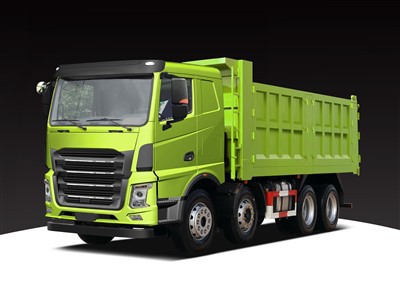
Applications of Rolloff Trucks
1. Construction Sites
Efficient Debris Removal
During construction or demolition, rolloff trucks are essential for transporting heavy debris like concrete, wood, and metal scrap to disposal sites.
2. Commercial Waste Management
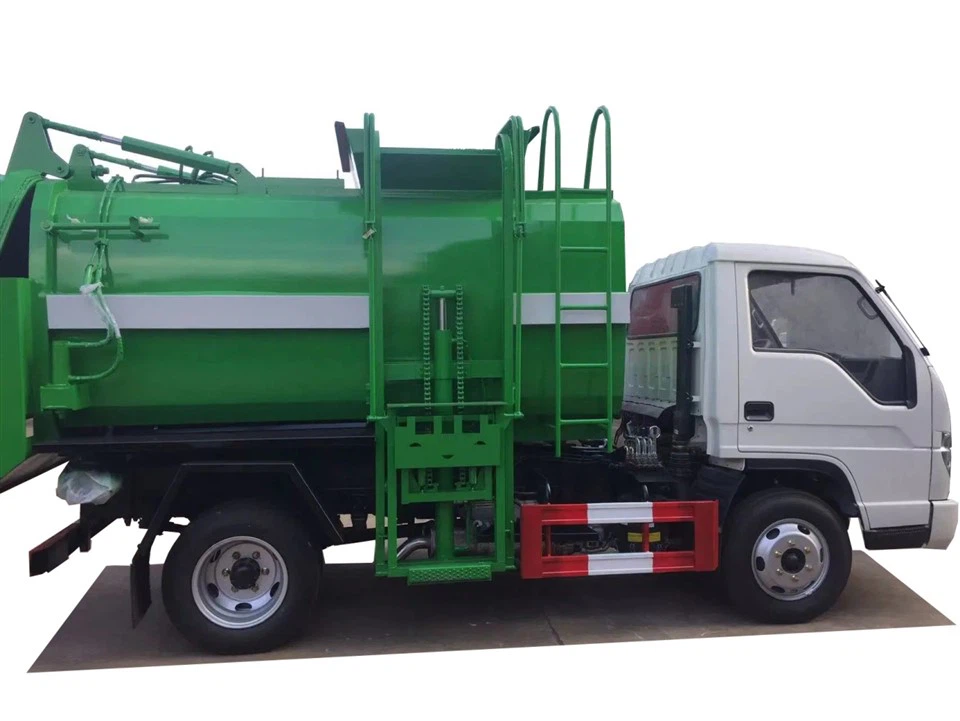
Large-Scale Waste Collection
Businesses often rely on rolloff trucks for regular waste collection, especially when managing a high volume of waste materials.
3. Residential Projects
Home Renovations
Homeowners undertaking renovation projects can rent rolloff containers to dispose of construction waste conveniently.
4. Special Events
Event Clean-Up
Large events such as festivals or concerts often generate considerable waste, and rolloff trucks can support efficient clean-up operations.
Benefits of Using Rolloff Trucks
1. Time-Saving
Rolloff trucks allow for quick loading and unloading, significantly reducing time spent on disposal processes.
2. Cost-Effective
Using rolloff trucks can reduce disposal fees as they allow for transporting large volumes of waste at once, minimizing trips to landfill sites.
3. Versatility
These trucks are adaptable to various industries and waste types, including construction debris, household waste, and recycling materials.
4. Environmentally Friendly
By facilitating recycling and proper waste disposal, rolloff trucks contribute to more sustainable waste management practices.
Choosing the Right Rolloff Truck
1. Assess Your Needs
Determine the size and type of waste you will be handling. This will guide you in selecting the appropriate container size.
2. Consider Your Location
Urban areas may require compact rolloff trucks, while rural settings can accommodate larger vehicles.
3. Check Regulations
Ensure compliance with local waste disposal regulations and container requirements.
4. Evaluate Rental Costs and Availability
Research rental companies to find competitive pricing and reliable service for your needs.
How to Load a Rolloff Truck Properly
1. Plan the Load
Organize the materials to ensure safe and efficient loading.
2. Distribute Weight Evenly
Load materials evenly to maintain balance and prevent accidents during transport.
3. Secure Fragile Items
For fragile materials, use padding or cover them with protective sheets to prevent damage.
4. Avoid Overloading
Be aware of the truck’s weight capacity to avoid fines and ensure road safety.
Rolloff Truck Maintenance Tips
1. Regular Inspections
Schedule routine inspections to check for issues in the hydraulic system, tires, and brakes.
2. Clean Containers
Maintain cleanliness of containers to prevent unpleasant odors and pest infestations.
3. Lubricate Moving Parts
Regularly lubricate the hydraulic system and moving parts to ensure smooth operation.
4. Document Maintenance
Keep records of maintenance activities to monitor performance and plan future services.
Cost of Renting Rolloff Trucks
| Container Size | Average Rental Cost ($) | Typical Use |
|---|---|---|
| 10 yard | 300-350 | Small renovations/cleanouts |
| 20 yard | 400-500 | Medium projects |
| 30 yard | 500-600 | Large construction sites |
| 40 yard | 700-800 | Commercial waste management |
Frequently Asked Questions (FAQ)
1. What is the average weight capacity of a rolloff truck?
The average weight capacity varies by truck and container size, typically ranging from 10,000 to 30,000 pounds.
2. Can I rent a rolloff truck for a single day?
Yes, many companies offer daily rental options, but it’s essential to check availability and any minimum rental periods.
3. Are rolloff trucks safe for the environment?
Yes, when used correctly, rolloff trucks support environmentally responsible waste disposal and recycling.
4. How do I find a rolloff truck rental company?
You can search online, check local listings, or ask for recommendations from construction businesses or waste management services.
5. Can rolloff trucks handle hazardous materials?
Not all rolloff trucks are equipped to handle hazardous materials. Check local regulations and choose a truck designed for such waste.
6. What happens if I exceed the weight limit?
Exceeding the weight limit can result in additional fees, potential damage to the truck, and legal penalties. Always load responsibly.
